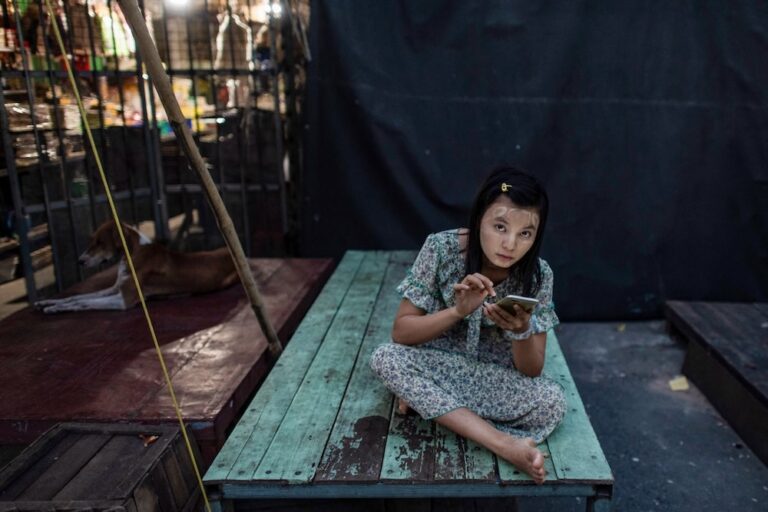(SEAPA/IFEX) – The Burmese junta has been tapping land lines and cutting off mobile phone connections of journalists and democracy activists in the highly restrictive and secretive country since 8 August 2007, according to information only recently leaked by a source of the global organisation of exiled journalists, Burma Media Association (BMA). It would appear […]
(SEAPA/IFEX) – The Burmese junta has been tapping land lines and cutting off mobile phone connections of journalists and democracy activists in the highly restrictive and secretive country since 8 August 2007, according to information only recently leaked by a source of the global organisation of exiled journalists, Burma Media Association (BMA).
It would appear that, despite already having full control of the local media, the junta still intends to intimidate and deter journalists from reporting about the ongoing crackdown on those who demonstrated against the 15 August fuel price hike. The authorities have even tapped the phones of foreign correspondents, according to the BMA source. SEAPA previously reported that foreign and local journalists were repeatedly reminded to stay away from the demonstrations.
SEAPA also fears the junta will use the information obtained from the phone taps to persecute local democracy activists who are attempting to inform exiled Burmese media about the latest threats against the demonstrators. Many of these activists, whose faces are on wanted posters put up in public places, are in hiding.
The BMA source, who remains anonymous for safety reasons, said officers from the Directorate of Military Engineers came to the state telecommunication office in Bo Soon Pat Street in Rangoon on 8 August and ordered the staff to assist them in bugging telephones. Among the numbers on their list were those of prominent democracy activists Su Su Nway, Phyu Phyu Thinn, Htay Kywe and Hla Myo Naung – who are all in hiding – and U Myint Thein, a spokesperson for the “opposition party” National League of Democracy (NLD).
When told some numbers on the list could not be tapped since they were for mobile phones, the officers ordered for the lines to be cut off and others to be tapped.
Meanwhile, the New Delhi-based news agency Mizzima reports that since 11 September, the mobile phones of some local journalists, foreign correspondents and those close to the media have been cut off.
According to Mizzima’s 12 September report, correspondents in Rangoon believe the junta does not aim to cut off foreign media but rather to prevent local activists from conveying to the world what is happening inside Burma.
The authorities have banned websites and blogs to prevent access to information about the protests. The popular video-sharing website YouTube, which has videos of the protests, has been completely blocked since 3 September, while news sites such as the global news agency CNN and Mizzima remain among the hundreds of sites banned.
Since the start of the unprecedented public protests in Burma, hundreds of protesters and activists have been arrested. A photographer, Win Sai, was arrested on 28 August while taking pictures of a regular alms donation held by the NLD at the famous Shwedagon Pagoda in Rangoon, during which prayers were offered for members jailed by the junta, including NLD leader Aung San Suu Kyi.


